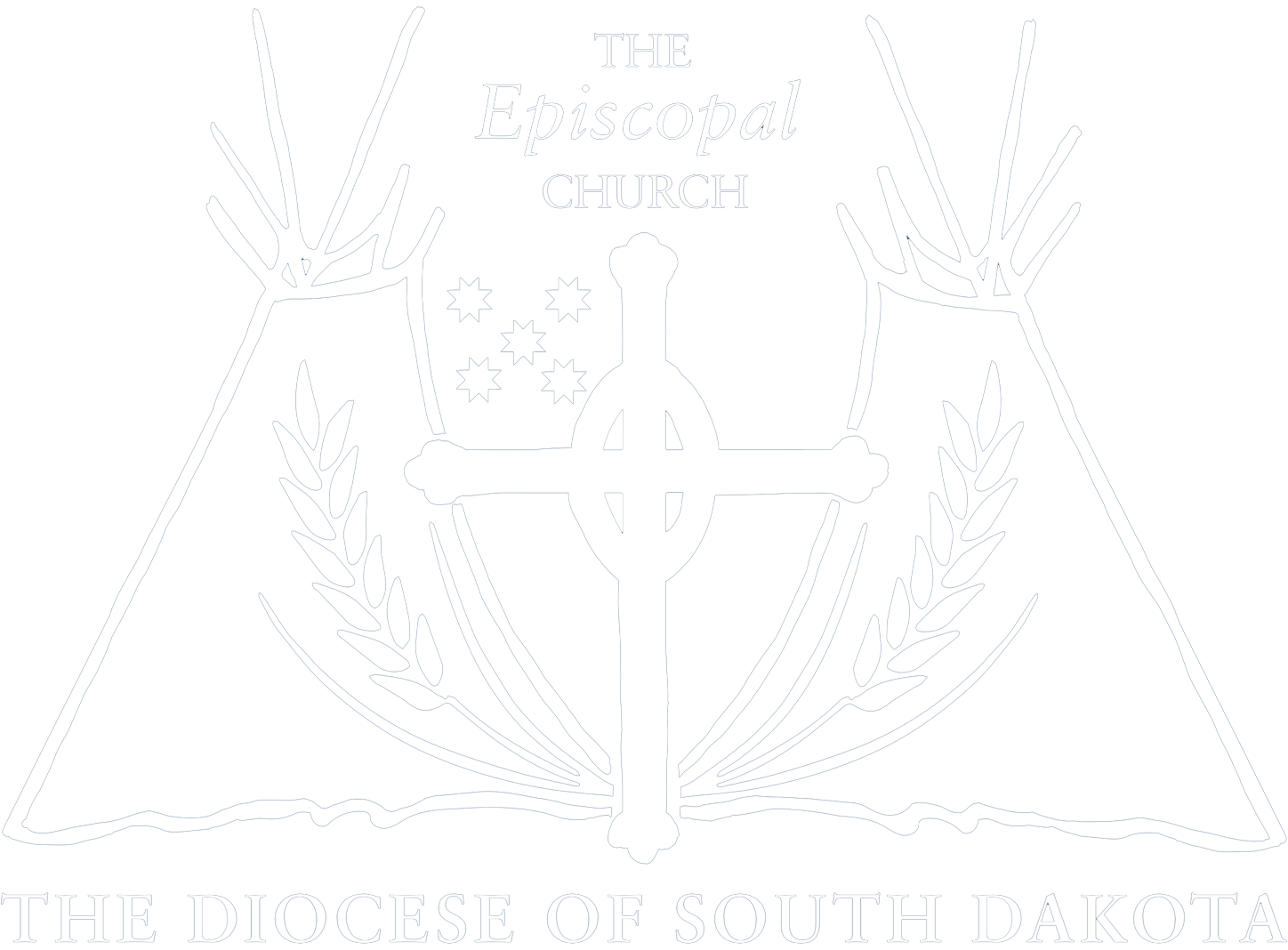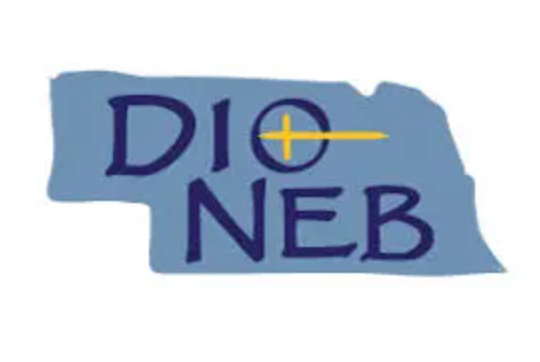From Episcopal News Service By Shireen Korkzan
Fifty churches throughout the Omaha-based Diocese of Nebraska are raising $25,000 per parish this summer through Sept. 15 to erase $2.5 million in medical debt, according to a press release shared by the diocese.
“As Christians, we are to aid those in need and do forgive not just sins, but debts as well,” the Rev. Keith Winton, rector of St. Andrew’s Episcopal Church in Omaha, told Episcopal News Service. “We also are called to heal bodies and souls together.”
The Episcopal Diocese of Nebraska is based in Omaha.
Winton formed the campaign after Bill Novakowski, a retired U.S. Army surgeon and a St. Andrew’s parishioner, told him that “the Holy Spirit has told me we need to do something about medical debt.” After doing some research, Winton came across Undue Medical Debt, a New York-based nonprofit formerly known as RIP Medical Debt that works to help eliminate personal medical debt. For the Diocese of Nebraska’s medical debt relief campaign, Undue Medical Debt will donate $100 for every $1 donation.
As of July 28, the diocese has raised $17,000, or $1.7 million including Undue Medical Debt’s match, Winton said.
Novakowski and Winton are co-chairing the campaign with the Rev. Christine Plantz, a retired priest in the diocese, and her husband, Charles Plantz, a retired county court judge for District 12 in Nebraska’s panhandle. Plantz told KETV NewsWatch 7, Omaha’s ABC affiliate, that about 90% of the cases he oversaw involved medical debt.
Winton also created a medical debt resource page on St. Andrew’s website to help other churches in the diocese promote the campaign.
Nationwide, about 26 million Americans are without health insurance, which can lead to medical debt. For example, the average cost of an ambulance ride to the hospital without insurance costs $940 with basic services and $1,300 with advanced life support, according to a 2022 report on ground ambulance services from FAIR Health, an independent nonprofit that collects and manages data for privately billed health insurance claims. With insurance, the average out-of-pocket cost is $450, though it can be much higher in some states.
And, although most Americans have some form of health insurance, the amount of medical debt is around $220 billion, with about 14 million people owing more than $1,000 and 3 million others owing more than $10,000, according to the American Hospital Association.
In 2023, more than 121,800, or 6.3%, of adult Nebraskans reported having medical debt, higher than the national average of 8%. And in 2020, Nebraskans had $186 million in unpaid hospital debt, according to the Nebraska Hospital Association.
“Working together to change our unfair systems should be our primary call from this point of social action, but relieving medical debt is a huge immediate need that’s also such a simple thing,” Winton said. “The effort exerted by donating money to the campaign versus the number of lives that are touched is an enormous ratio.”
After the campaign concludes, Undue Medical Debt will buy bundled portfolios of medical debt cases from collections agencies to find out who in Nebraska has medical debt and how much they owe, then select from the list of people across the state who will have their debts erased. The chosen recipients will receive a letter from the diocese that their medical debt has been paid off with no taxes, penalties or other conditions.
Several Episcopal churches and dioceses have previously launched medical debt relief campaigns. In 2024, the dioceses of Central Pennsylvania and Bethlehem collaborated to eliminate $3 million in medical debt, also in collaboration with Undue Medical Debt.
-Shireen Korkzan is a reporter and assistant editor for Episcopal News Service. She can be reached at skorkzan@episcopalchurch.org.

